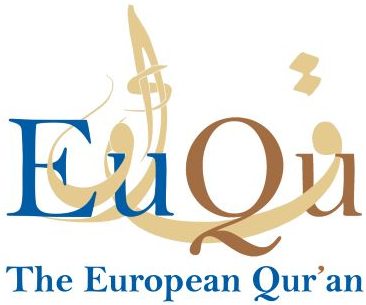Abstract
This article examines the place of Islam in the intellectual history of the European Enlightenment. In 1649, the English civil war resulted in the establishment of the Commonwealth under Oliver Cromwell and the execution of King Charles I; in the same year, the first English translation of the Quran was published in London. For some royalists, the two events were linked: they both signalled the moral demise of the kingdom, and indeed some polemicists depicted Cromwell as a ‘new Mahomet’ seeking to gain power by attacking the moral and religious foundations of the nation. Authors writing in English, such as Henry Stubbe, John Toland and George Sale, embraced the comparison, presenting the Muslim prophet as a reformer who preached pure monotheism and who abolished the powers of a corrupt clergy. They used the prophet and Islam to argue for the curtailing of the power of the Anglican Church; 18th-century French authors similarly lionised him as a polemical tool against the Catholic church. Muhammad, seen as an imposter or a reformer, was at the centre of European debates on the proper relations between Church, Crown and people. The article arises from a British Academy Lecture delivered on 18 May 2023.
Tolan, (2024), ‘ The Enlightenment prophet: Muhammad in early modern Europe ‘, Journal of the British Academy, 12(Issue 1 & 2): a07 https://doi.org/10.5871/jba/012.a07
https://journal.thebritishacademy.ac.uk/articles/12/1and2/a07

